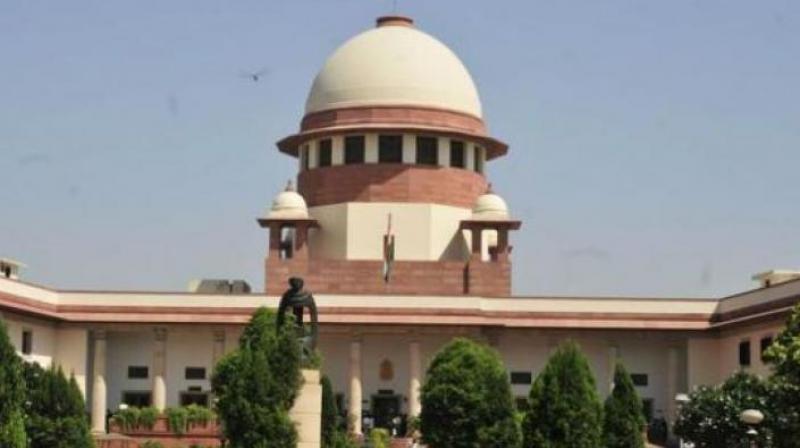Supreme Court termed capitation fee illegal'
The state cannot remain a mute spectator and has to step in to prevent the malpractices indulged in by the private sector.

Thiruvananthapuram: The demand for capitation fees made by educational institutions is unethical and illegal. This was made clear by a Constitution bench comprising justices A.R. Dave, A.K. Sikri, R.K. Agrawal, A.K. Goel and R. Banumathi in the Modern Dental College and Research Centre versus state of Madhya Pradesh case on May 2, 2016.
It emphasised that commercialisation and exploitation are not permissible in the education sector and that institutions must run on a 'no-profit-no-loss' basis.
The state cannot remain a mute spectator and has to step in to prevent the malpractices indulged in by the private sector.
Education is now treated as an 'occupation' and it has become a fundamental right guaranteed under Article 19(1) (g) of the Constitution.
However, restraints are put in as far as this noble occupation is concerned. The admission of students has to be on merit and not on the whims and fancies of the educational institutions, the bench opined.
The admission process should meet the triple tests of transparency, fairness and non-exploitativeness.
The court also expressed concern at the quality of education which is deteriorating and said the students are compelled to look for private institutions.
“We cannot lose sight of the fact that these are happening in our country irrespective of the constitutional pronouncements by this court in the TMA Pai Foundation case that there shall not be any profiteering or acceptance of capitation fee etc,” the court said.
Unreasonable demands could not be imposed on the students and their parents, it said.
However, it observed that the educational institutions can charge fees that would take care of various expenses incurred by them plus provision for the expansion of education for future generations.
“The object of setting up educational institutions is not to make profit. There could, however, be a reasonable revenue surplus for development of education. For admission, merit must play an important role.”
“The state or the university could require private unaided institutions to provide for merit-based selection while giving sufficient discretion in admitting students,” the bench said.

